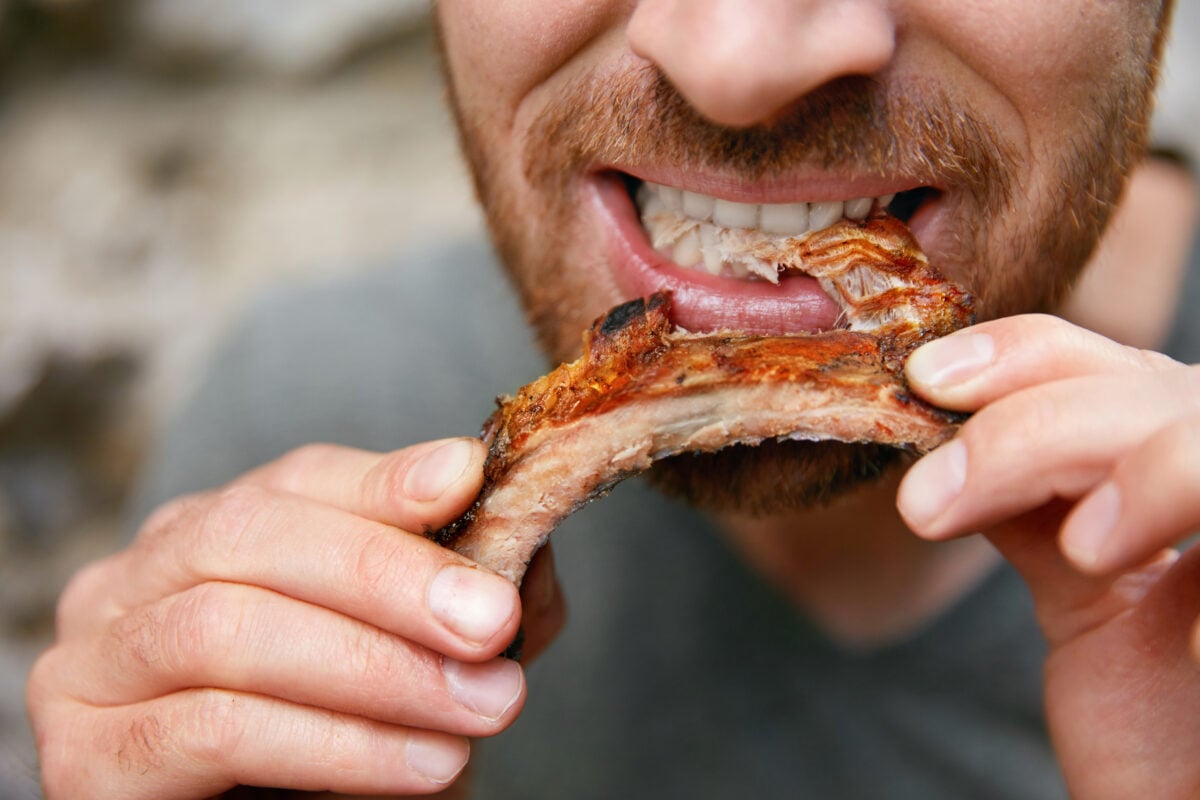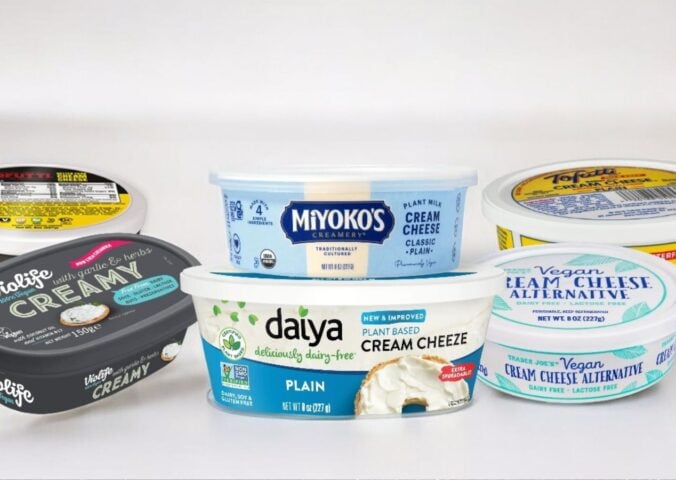The carnivore diet, an all-meat and animal products regimen, has gained popularity with some for its alleged “health benefits.” But the idea that a diet based on all animal products is good for us has been widely condemned by health professionals.
Read more: What Is The Carnivore Diet? Why People Are Eating Nothing But Meat
It was previously described as a “terrible idea” by a Harvard professor of epidemiology and nutrition, and even the man known as the “king” of carnivore diets recently admitted that he didn’t know its long-term effects.
Meat and dairy are high in saturated fat, cholesterol, and sodium. Animal products also don’t contain any dietary fiber. By abstaining from plants in favor of animal foods, you’ll be putting yourself at increased risk of a number of illnesses, including type 2 diabetes, cancer, and heart disease.
However, several myths surrounding this diet have led to misconceptions about its healthiness. To debunk these myths, vegan science writer MIC The Vegan recently posted a video going over some of the main claims made by advocates for the diet. You can watch the video, and find a summary of what he said, below:
Myth 1: Meat alone provides all necessary nutrients
While meat is rich in proteins and certain vitamins, relying solely on meat can lead to significant nutritional gaps. Essential nutrients like vitamin B1 (thiamine), folate, and vitamins A, C, D, E, and K are found in abysmally low quantities in a meat-only diet. Reports, including those from the carnivore community on Reddit, highlight deficiencies in these vitamins among adherents. Notably, vitamin B1 deficiency can cause symptoms such as irritability and poor memory, and low folate levels have been directly linked to carnivore diet proponents, including Michaela Peterson.
Myth 2: Oxalate Dumping
The concept of “oxalate dumping,” a theory suggesting that eliminating plant-based foods expels harmful oxalates from the body, lacks scientific backing. Oxalates found in plant food should not be a concern for the majority of people. While individuals with specific kidney conditions may need to monitor oxalate intake, the general population benefits from the nutrients found in plant foods.
Myth 3: Reliance on electrolytes supplements is normal

Discussions on carnivore forums often revolve around the need for electrolyte supplementation to combat symptoms like headaches, fatigue, and cramps—commonly known as the “keto flu.” This contradicts the claim of a perfectly balanced diet and highlights the body’s need for carbohydrates for proper electrolyte homeostasis.
Myth 4: High LDL cholesterol is harmless on a carnivore diet
The dismissal of high LDL cholesterol levels as inconsequential is perhaps one of the most dangerous myths. Elevated LDL cholesterol is a well-established risk factor for heart disease. Anecdotal reports from the carnivore community suggest an increase in cardiovascular symptoms, yet these are often rationalized away. Research unequivocally links high meat consumption with an increased risk of heart conditions, directly challenging the diet’s heart health claims.
Myth 5: Scurvy and vitamin C deficiency aren’t concerns
Despite carnivore proponents’ claims, the risk of vitamin C deficiency and scurvy is real. Vitamin C is scarce in meat and virtually absent in the quantities required to prevent deficiency. Historical and contemporary case reports of scurvy among those on meat-only diets underscore the necessity of vitamin C-rich foods for health. The body’s requirement for vitamin C cannot be overstated, as low levels are linked to increased risk of mortality and diminished immune function.
The bottom line
In summary, the carnivore diet’s exclusionary nature poses significant nutritional risks. While anecdotes and personal testimonials form the basis of its promotion, the lack of comprehensive scientific evidence supporting its safety and efficacy is telling.
Watch: vegan doctor debunks carnivore diet
Read more: Bear Grylls Under Fire For Endorsing ‘Natural’ Diet Of Liver, Testicles, And Raw Dairy






